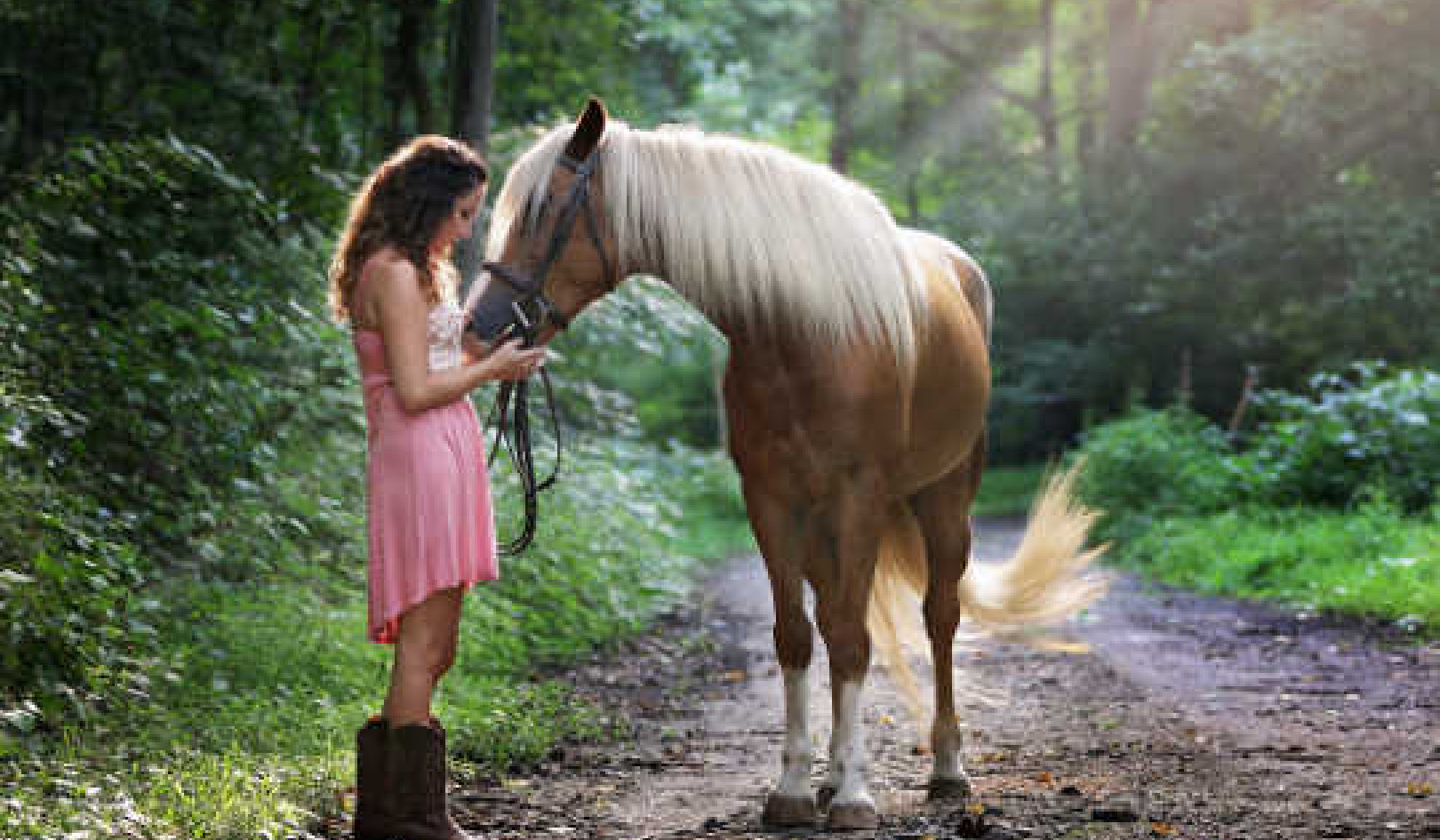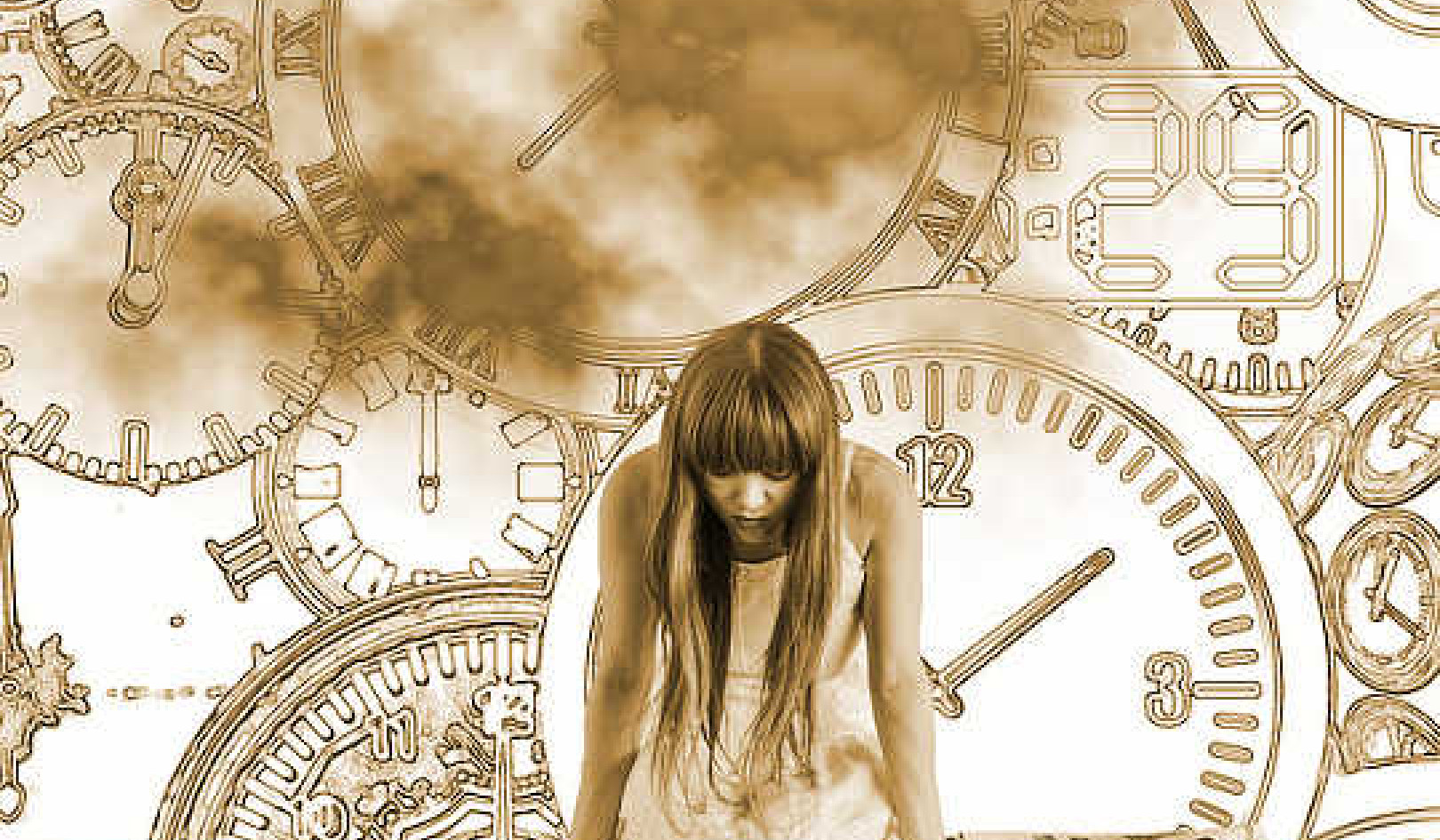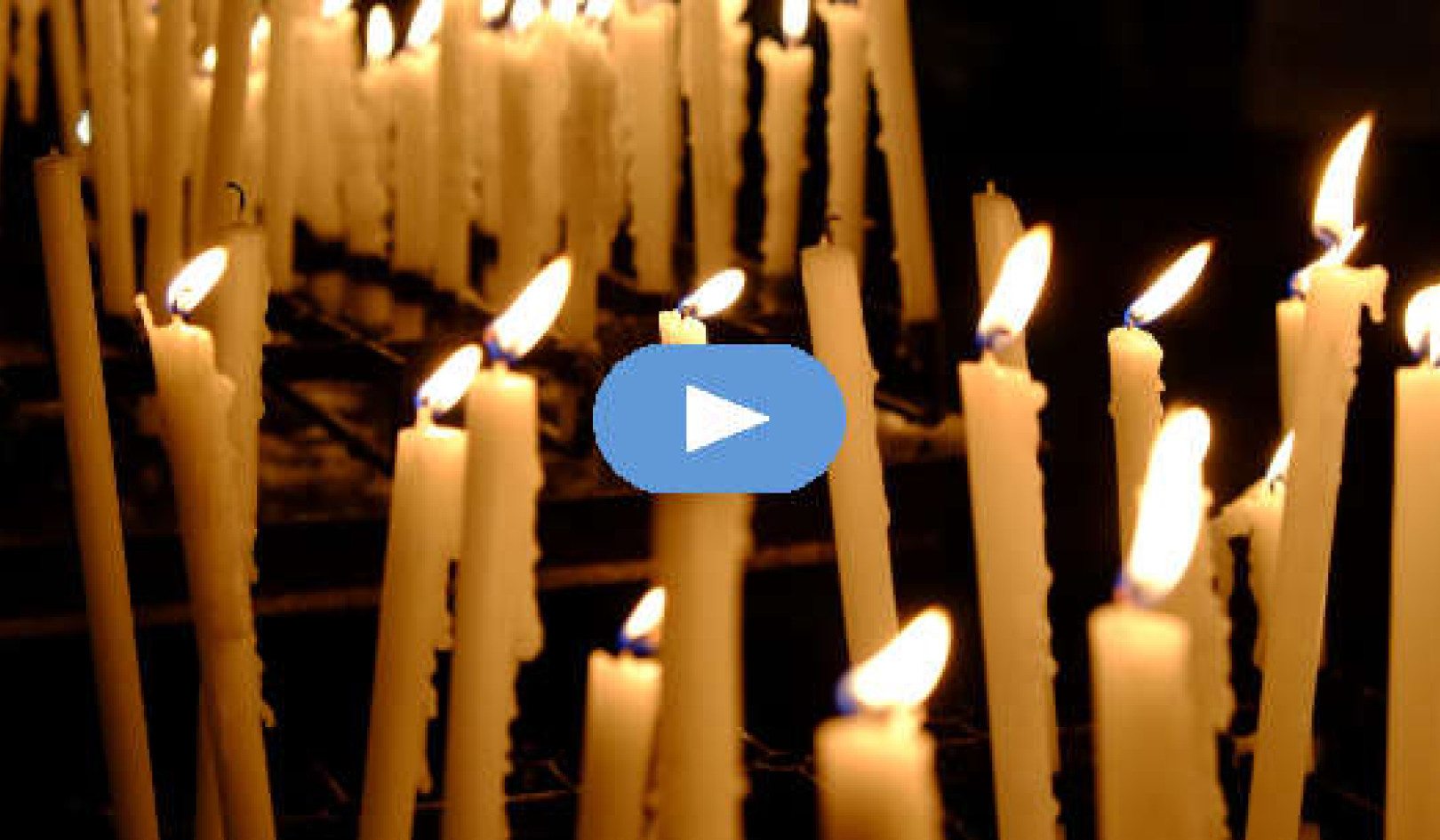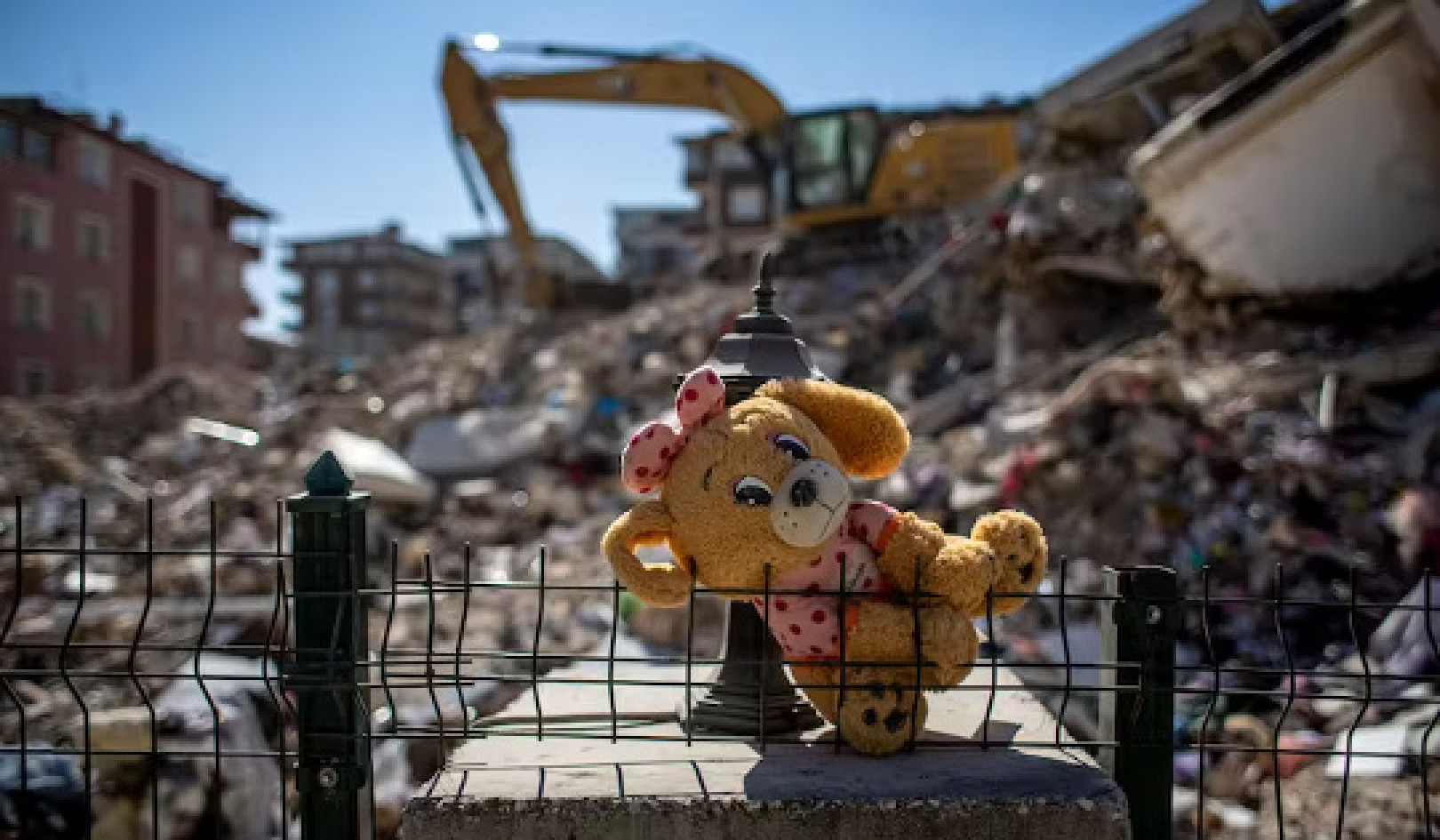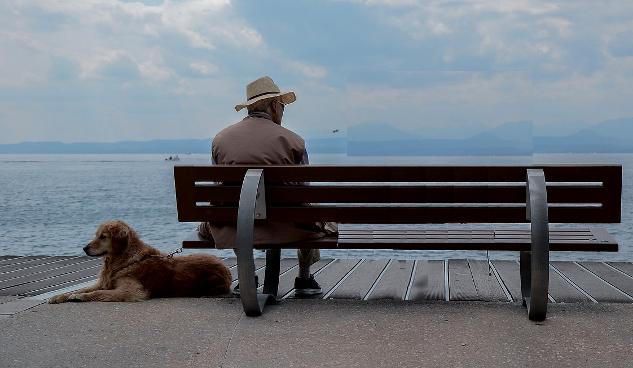
Imej oleh Pexels
The sky above is like a blue blanket pulled over my head. It hangs low. There is a cooling, mild wind, but when it ceases for a moment, the sun warms. The dog and I plan to walk to our village downtown for a cup of coffee and to sit outside in the little square. It is exactly 1 mile. I feel I could walk much farther and longer.
The dog and I move east along the rows of homes, past the park and the church. The dog is tied to a light pole outside the coffee shop, and I head inside to order. Across the street there is a stone bench under the trellis at the corner where we sit. The dog sniffs a discarded candy wrapper.
It’s a good spot. The sun is at my back. I am alive in the world. Then, for whatever reason, my mind shifts. Is this what America calls retirement, is this what one does all day? Sitting on a bench in the sun? It is a wonderful afternoon, but this— every...single...day? People everywhere do it all the time. Sit and ponder. Walk and watch. Old men sitting on benches drinking coffee.
“Let’s go,” I say to the dog as I rise. “I’m done here.”
What Was and What Will Never Be
I walk west on the main street and think now of all that I have not been, never was, never will be. I’m in my sixties and I’ve never been to Tangier, never lived the life of a dangerous poet, as an expat in a bohemian village, a life like my literary heroes—Rimbaud, Burroughs, and Kerouac. Never lived the life of a troubled, starving, sentimentalized alcoholic, hashish-smoking artist, hanging out with other creatives in opium dens all night long. Never lived like an artistic recluse as Salinger did, or dedicated my life to nature and simplicity like Thoreau.
Such romanticized dreams. These lives are never what they seem, of course. They are many times wretched.
The truth is I never had the guts to find out what such a life might be, to experience any of it. Many years ago, I contemplated heading out on the road in a beat-up old van to play guitar and sing songs on any stage that would have me. Never did. Again, never had the guts to start the journey.
I often think about this. But I always think again— does moving on this old dream take guts or is it recklessness? Is it a misplaced passion? Or is it regret?
Maybe this state of mind, this way of thinking, is more madness than anything else. These other lives are not who I am, what I was, or ever have been. I’m a suburban white boy from a smoldering steel town, a boy from a working-class family whose father never finished high school and never could have imagined life as an artist, despite his incredible talent for creating pencil and charcoal drawings of dogs and birds and famous boxers.
Bohemian lifestyle? Isolated artist? It took me until my early forties to understand what any of that meant. And here I am now, walking the dog in suburbia, passing a Domino’s Pizza, holding a paper cup of dark roast from Starbucks, and wondering how in the world anyone arrives at this place in life with their soul intact.
Connection, Memories, and Catching Up
At the railroad tracks, my cellphone buzzes. It’s my son in Seattle.
My son is calling to catch up. Checking in with Dad. We talk about work and our dogs, about his brother and his mother, his stepsister, what we had for dinner last night. Much of it is familiar. I talk as I cross the tracks, pass the library and the church, and take a seat on a park bench. Old man on a bench drinking coffee.
We talk for a long time, and when it is time to say goodbye—still in my contemplative mood steeped in life’s choices and ticking time—I wonder, what will it be like when my son can no longer call his father? When Dad doesn’t answer? When I am unreachable? My sons and I talk, if not daily, four or five times a week. Short bursts of life to share. How will that be for them when I am gone?
“I love you,” I say as I always do. He says the same, as he always does. And the call is over.
Regrets? Choices, Children, and Life
I don’t believe I have regrets. But don’t we all regret sesuatu? At least one thing? Sure, there is that artistic life I missed, the dangerous and the reclusive. But what if I had embraced that life in some way? What would that have done to my children? Would I have had children at all? I can’t imagine a life like that. Not now. Not as I grow older and watch as my sons become men.
I walk slowly past the neighborhood houses toward home. The day is as it began, golden and embracing. Still no weariness in these old legs; my steps remain light. Yet the afternoon, the phone call, and those meandering thoughts have summoned weighty emotions.
As the dog pulls toward a scampering squirrel on a fence, I consider what I should do with these unresolved sentiments about choices and children and life.
It doesn’t take much thought. I will do what Steinbeck did for his son, what Fitzgerald did for his daughter, what the fathers of Tim O’Brien and Jackson Pollock did for their sons.
I will write a letter.
Letter to My Sons
Dear boys,
I still call you boys. Funny, isn’t it? Although you are grown men, leaning into your third decades in this world, you both will always be and always have been my boys. And here I am in the early light of a March day, considering my words, as I have done for so long. But this time, they come easily. I don’t struggle for a hidden emotion or some imaginative spark. Instead, the words flow like the water in a mountain river after a long winter.
You can read this when you wish, but I’ve prepared myself to write it for you to read when I am gone, after you have said goodbye and memorialized me in some way, after you have scattered ashes or planted me somewhere, and after you have laughed at some silly moment with me, some dorky dad-ism, or cried with joy at a resurfaced memory of a trip we took together.
Why does a dad write to his sons? There are many reasons. I can tell you for certain that some of what I write here will be sappy. It’s unavoidable. Some of it may also be sad. Maybe funny. Some advice, and some suggestions. All of it from deep inside. Some of it you have heard before, enough to roll your eyes. Some of it will surprise you. All of it, you must know, comes from a love so far beyond words. Let’s get grief out of the way.
It may be the most honest emotion of all when we allow it to be. But do not let grief keep you from laughing. That, too, is grief manifested. Both of you have senses of humor that permit the dark and absurd. Laugh. Please. Laugh at my death. Someone said once, in so many words, and I hope I’m not plagiarizing, but it goes something like this: It’s not the rain that is painful. What’s painful is trying to control the sun.
As I write, I think that maybe the best way to do this is to create a list. So, here goes.
-
Above all, express yourself. Express love to those you most care about. Friends. Family. Lovers. Don’t let friendships fade. Time and space should not erode those dear connections. This seems simplistic and clichéd. But damn, it is not always easy to do.
-
Rebel. Question everything. Especially authority. Yes, I’ve told you this all your lives and maybe it has gotten you in trouble from time to time or put you in an uncomfortable or challenging place. But ultimately, you must question. And with this comes questioning yourself, too. Am I being the best I can be? Doing the right thing? Am I true to who I am and those I love? Am I kind?
-
Find someone to have coffee with, someone to break bread with, and someone to travel with. Being a human with humans will keep you alive.
-
Jangan bandingkan diri anda dengan orang lain. Screw others. You are you. Praise yourself. Be what you are. But be sure to take the time to find the real you. You can’t be the best you without discovery.
-
Take time to be alone, find passions, and open up to the world. Read. Sing songs. Do the things you are afraid to do.
-
Jangan tunggu. Late is too late.
-
Be a Renaissance man. Don’t ever stop adding to your talents. Cook new things, know how to drive a nail the right way, how to fix a sink, tie a tie, and dance a reasonable dance. Make music. Make a great Manhattan cocktail. Tell a good joke. Know the meaning of cultural references from film and literature. Memorize a poem.
-
Know when you are wrong. Say it out loud. Take responsibility. Own up. Avoiding this is weakness. Living this is powerful.
-
Hold no grudges. A grudge is a sign of weakness. Forgive. Always.
-
Menjadi terdedah. It leads to love and the most rewarding moments of your life.
-
Find time to walk and to live in nature.
-
Believe in something bigger than you.
-
Smile. It’s infectious. Oh my, does that sound trite. But the simplest truths sometimes are the most profound.
I didn’t always get it right, this fatherhood thing. Who truly knows what is right and wrong in the framework of this important job? I don’t have regrets, but on some matters, do-overs would be nice. Still, if I were given that chance, I’m not sure I’d take the do-overs.
There is an odd kind of beauty in the mistakes—giving up the ruse of Santa Claus too early, and those occasional mini-bursts of anger that seemed misplaced. The forgotten words at a wedding when I thought I had the officiating thing down pat. I did eventually get it right, though, didn’t I? And when you were both in the early days of college, did I reach out enough? When I look back, I see it as a selfish time for me. Was I there for you? I hope so.
I think that’s enough, enough to ponder or enough to make fun of, however you wish to digest these words. But before I stop, there is one last thought.
I have said so often how proud I am of my boys. But pride is a complicated emotion. Sometimes it is dreadfully selfish. I do not speak of pridefulness here, the idea that I should be acknowledged or praised for helping to create who you are. It is not about an ownership of the glory of what goodness you possess.
Let me put it this way: I am not proud; I am impressed. I value you. I trust you. But mostly, I am impressed by who you have been, what you are now, and what you will become.
There are a hundred billion stars in the sky, my boys, and yours are the ones I see shining.
Sayang, Ayah
Hak Cipta 2024. Hak Cipta Terpelihara.
Adapted wih permission.
Source:
TEMPAHAN: Menjimatkan masa siang
Daylight Saving Time: The Power of Growing Older
by David W. Berner.
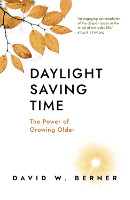 When a heart attack at the age of 56 rattles your world, it reminds you that none of us gets out of here alive. In this meditative and intimate personal narrative on the act of aging, David W. Berner discovers how to accept and revel in the present, when the days that remain are fewer than those that have passed, and offers a path for celebrating life's final chapters.
When a heart attack at the age of 56 rattles your world, it reminds you that none of us gets out of here alive. In this meditative and intimate personal narrative on the act of aging, David W. Berner discovers how to accept and revel in the present, when the days that remain are fewer than those that have passed, and offers a path for celebrating life's final chapters.
Through the lessons of seasonal change, the natural world, literature, and spirituality, David Berner gives us a kind of instruction book on the art of growing older, challenging us to accept aging's transformative powers. As a keen observer of the world, he forms a guiding philosophy on how to discover joy in the time we have left and nourishment in life's remaining seasons.
Untuk maklumat lebih lanjut dan / atau untuk memesan buku ini, tekan di sini. Juga boleh didapati sebagai edisi Kindle.
Mengenai Penulis
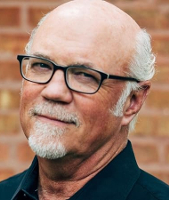 David W. Berner is the best-selling author of WALKS WITH SAM dan pengarang yang memenangi anugerah A WELL-RESPECTED MAN, OCTOBER SONG, ACCIDENTAL LESSONS, ANY ROAD WILL TAKE YOU THERE, THERE'S A HAMSTER IN THE DASHBOARD, NIGHT RADIO, and the memoir THE CONSEQUENCE OF STARS. He is the recipient of honors and awards from The Society of Midland Authors, The Chicago Writers Association, and the Eric Hoffer Book Awards. He has been the Writer-in-Residence for the Jack Kerouac Project in Orlando, where he was privileged to live and work at the Kerouac House for two-and-a-half months. He later was honored as the Writer-in-Residence at the Ernest Hemingway Birthplace Home in Oak Park, Illinois. His work also has appeared in the Chicago Tribune, Clef Notes Chicagoland Journal for the Arts, and Under the Gum Tree.
David W. Berner is the best-selling author of WALKS WITH SAM dan pengarang yang memenangi anugerah A WELL-RESPECTED MAN, OCTOBER SONG, ACCIDENTAL LESSONS, ANY ROAD WILL TAKE YOU THERE, THERE'S A HAMSTER IN THE DASHBOARD, NIGHT RADIO, and the memoir THE CONSEQUENCE OF STARS. He is the recipient of honors and awards from The Society of Midland Authors, The Chicago Writers Association, and the Eric Hoffer Book Awards. He has been the Writer-in-Residence for the Jack Kerouac Project in Orlando, where he was privileged to live and work at the Kerouac House for two-and-a-half months. He later was honored as the Writer-in-Residence at the Ernest Hemingway Birthplace Home in Oak Park, Illinois. His work also has appeared in the Chicago Tribune, Clef Notes Chicagoland Journal for the Arts, and Under the Gum Tree.
David moved from Pittsburgh to Chicago to work as a radio reporter and news anchor for CBS Radio and later pursued a career as a writer and educator. His first book ACCIDENTAL LESSONS is about his year teaching in one of the Chicago area's most troubled school districts. The book won the Golden Dragonfly Grand Prize for Literature.
Layari laman web penulis di: davidwberner.com



















